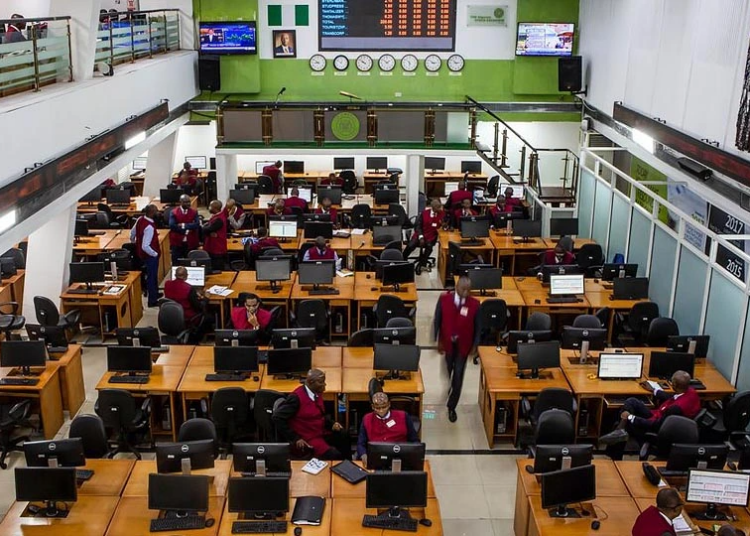Nigeria’s equities market closed the week ending November 7 with a N2.8 trillion decline in market capitalisation. Still, market analysts are optimistic, characterising the downturn as a healthy correction that presents attractive entry points for long-term investors seeking value.
The pullback followed recent remarks from US President Donald Trump, who threatened military action against Nigeria, prompting cautious repositioning alongside natural profit-taking following previous rallies. This drove declines across several blue-chip counters.
However, experts remain bullish on the market’s prospects. Aruna Kebira, managing director/CEO of Globalview Capital Limited, described the downturn as temporary, noting that strong fundamentals underpin the market. “The current downturn is temporary as fundamentals remain strong. Valuations are now even more attractive and should soon draw renewed buying interest, “ he said.
Data from NGX showed the All-Share Index (ASI) declined 2.11 per cent week-on-week to close at 149,524.83 points, while market capitalisation dropped to N94.9 trillion from N97.7 trillion the previous week.
Despite the weekly decline, the broader market picture remains positive. In the nine months to September 2025, total equities transactions on NGX reached N8.538 trillion, with domestic investors accounting for 78.44 per cent of trading activity.
Significantly, foreign inflows of N1.030 trillion exceeded outflows of N810.39 billion, demonstrating continued international confidence in Nigerian equities.
The chief executive officer of Nigerian Exchange Limited (NGX), Jude Chiemeka, views the correction as an opportunity for strategic portfolio positioning. “A well-diversified portfolio across equities, fixed income, and alternative assets helps investors manage risk and capture opportunities as the market recalibrates,” he said.
Market watchers note that, while uncertainty surrounding the planned 25% capital gains tax set to take effect in 2026 may have amplified the correction, Nigeria’s corporate fundamentals remain robust. Listed firms continue to sustain profitability and dividend payouts across key sectors, signalling underlying strength.
Analysts encourage investors to view the pullback as a strategic repositioning phase rather than a prolonged downturn, emphasising that disciplined investors can capitalise on improved valuations to build long-term wealth.





